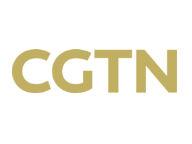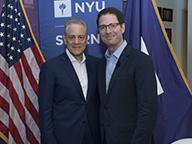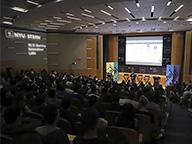Faculty News
—
Professor Alixandra Barasch is featured in a video interview on how taking photos for social media impacts a visitor's experience at a museum, referencing her research
—

Excerpt from Vox -- (2:17) "People who work at museums are very concerned. It changes the nature of what artwork is most attractive to consumers. In order to compete with the trendy colorful exhibits that are popping up, you have to add some of those components to the more traditional exhibits."
Faculty News
—

Excerpt from Vox -- (2:17) "People who work at museums are very concerned. It changes the nature of what artwork is most attractive to consumers. In order to compete with the trendy colorful exhibits that are popping up, you have to add some of those components to the more traditional exhibits."


















